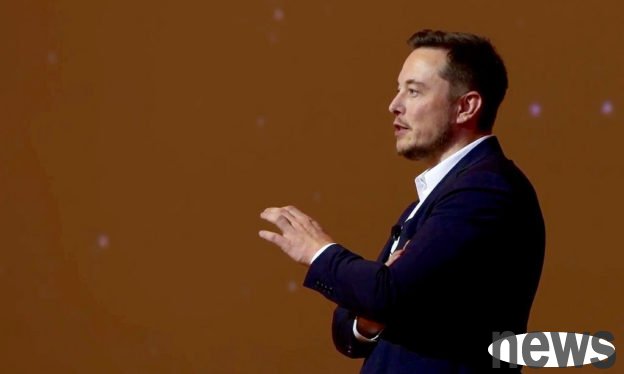Elon Musk, the world’s richest man, pointed out that Tesla Inc. may need “100 to 200 billion AI chips” every year in the future, and TSMC and Samsung Electronics Co. are not rushing to produce them fast enough. Tom’s Hardware reported on the 1...

Elon Musk, the world’s richest man, pointed out that Tesla Inc. may need “100 to 200 billion AI chips” every year in the future, and TSMC and Samsung Electronics Co. are not rushing to produce them fast enough.
Tom’s Hardware reported on the 18th that Musk pointed out in an interview with Baron Capital founder and CEO Ron Baron on the 14th, "I have great respect for TSMC and Samsung. We work together with TSMC and Samsung at Tesla and SpaceX. They are great companies, and we hope they can manufacture chips for us as soon as possible and expand their production capacity to the output they think they can. But it seems not fast enough."
Musk said, "When I asked how long it would take to build a new fab from scratch, they said it would take five years to put it into production. Five years to me is an eternity. My timeline is one year, two years, and I can't even see three years from now. It's not fast enough. If they change their minds and say they can do it faster and supply the 100 billion to 200 billion AI chips we need every year, that would be great."
Musk did not say when Tesla and SpaceX would need "100 billion to 200 billion AI chips per year," but this is a pretty crazy number, assuming he meant quantity rather than dollars.
For comparison, according to statistics from the U.S. Semiconductor Industry Association, the industry will supply 1.5 trillion global semiconductor device needs in 2023. However, this number is a bit misleading because there are many types of so-called "chips", including microcontrollers, sensors, memory and logic devices.
Musk recently said that he believes that his "AI5" AI processor consumes as little as 250W of power, which is far less than the 1,200W of NVIDIA (Nvidia Corp.) "B200" graphics processor (GPU). This implies that the size of AI5 is much smaller. Having said that, even if the chip size designed by Musk is smaller, the production capacity on earth will definitely not be able to meet Musk's goals.
As one of TSMC’s major customers, NVIDIA’s total supply of Hopper architecture GPUs during the entire life cycle (approximately two years) is 4 million units, valued at US$100 billion. The next-generation Blackwell architecture GPU has sold approximately 6 million units in the first four quarters of its life cycle.
If Musk indeed means 200 billion AI processors, it would have exceeded the annual production capacity of the entire semiconductor industry (most of which are manufactured by TSMC). However, if he is referring to the $100-200 billion AI processor, then TSMC and Samsung will definitely be able to meet his needs in the next few years.
Musk just pointed out at the annual shareholder meeting on November 6, "I'm trying to figure out how to produce enough chips?" He said that he was also considering cooperating with Intel Corp., "but even if we deduced the best scenario for the supplier's chip production, it is still not enough."
According to Musk, the initial production capacity of the wafer factory that Tesla may build may reach 100,000 silicon wafers per month, and will eventually be expanded to up to 1 million wafers. In comparison, TSMC's annual silicon wafer production in 2024 will be 17 million wafers, equivalent to 1.42 million wafers per month.
Further reading: Musk issued a mobilization order: Tesla’s AI team has the most difficult year of its career, and 2026 will be the key to life and death. Musk confirmed that AI6 will adopt a dual-manufacturing strategy! Samsung and TSMC synchronize production